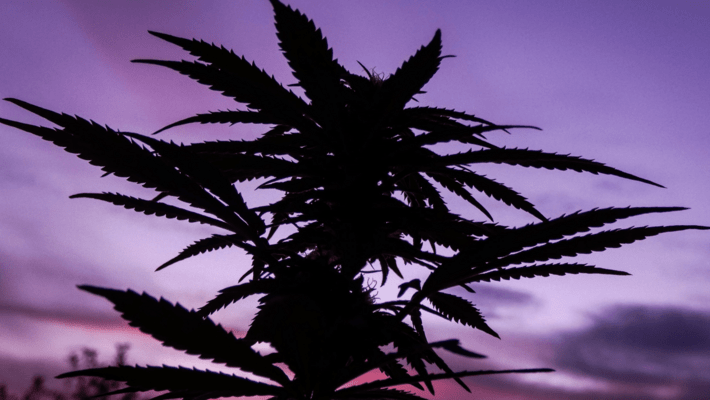
How Cannabis Use Impacts Anesthesia
Published on 1/7/22
We know that cannabis has several medical benefits, but there are also situations where cannabis use is not a medically fit decision. Scientific studies have shown that one of the biggest impacts of regular cannabis use interferes with anesthesia, which can dramatically impact your health in certain situations. Since preparing for surgery is already stressful, knowing what you should or should not consume beforehand is critical. Here's what you need to know about anesthesia and weed, why it's important, and what you can do to be healthy.
Tell Your Doctors the Truth About Cannabis Use
Even if you live in a state where marijuana isn't legal, it's important to tell your doctors if you've recently used marijuana. If you're worried about getting into trouble with the law, you can stop worrying about it. HIPAA (Health Insurance Portability and Accountability Act) Privacy Laws mandate that conversations between healthcare workers and patients remain private, protected health information. Therefore, even if you've illegally smoked weed, you cannot get into legal trouble by telling a doctor, nurse, or other official medical care providers. There are only very few instances where this privacy can be broken, and smoking marijuana is not one of them.
More importantly than "you won't get into trouble," we highly encourage you to tell your healthcare providers about any cannabis consumption before surgery (or anytime you're asked if you use cannabis). As we address below, anesthesia and THC (and even CBD) can have adverse effects on your health. Here at Where's Weed, we are proudly pro-cannabis, but not at the expense of personal health.
How Weed and Anesthesia Mix
 Unsplash
UnsplashThere is not an overwhelming amount of studies conducted on marijuana and surgery. However, the increased frequency of national use has caused medical professionals to measure the effects of cannabis on anesthetics. Does cannabis affect anesthesia? The short answer is yes. It makes sense, though. Cannabis interacts with your body's endocannabinoid system and results in altered heart rates, metabolism, energy levels, and much more. Early evidence shows that chronic users and cannabis use immediately before surgery results in an increased cardiac workload and a need for more anesthetics, such as propofol to provide the appropriate sedation for surgery. Unfortunately, higher doses of these anesthetics can have serious side effects like low blood pressure and decreased heart function. The more THC there is in your system, the more likely you need more anesthetics.
How CBD and THC Impact Anesthetics Differently
While they're both cannabinoids that interact with your body's endocannabinoid system, and both have many similar health benefits, CBD and THC also have a lot of differences. The same goes for how they impact anesthesia. CBD oil and surgery is far less concerning combination than anesthesia and THC, but that doesn't mean it shouldn't be disclosed to your doctor. While THC causes higher blood pressure and faster heart rhythms, CBD slows the heart rate and blood pressure. Especially in instances where CBD has been very recently used, doctors need to know this for when you're on the operating table. However, unlike THC, CBD use is not associated with a higher tolerance to anesthetics.
Different Types of Marijuana Use and Anesthesia
 Unsplash
UnsplashThere's something else that needs to be considered. How are you using cannabis? Beyond the chemistry complications of anesthesia and weed, smoking weed presents some of the same health concerns as smoking cigarettes. The act of smoking can result in decreased airway capacity (regardless of whether it's a cigarette or cannabis). Smoking and vaping can weaken the lining of airway passages over time and even scar lung tissue. This can make a big difference on the operating table and increase the risk of airway reactivity (meaning limited airway flow). To reduce the risk of airway reactivity, it is recommended that you not smoke 3-days before surgery.
On the other hand, edibles often have higher amounts of THC concentration and stay in your system longer. Higher THC levels in your system can increase the anesthetics you need to be appropriately sedated for surgery. Because of this, it is suggested that you not use marijuana on the day of surgery (especially edibles). Doctors and anesthesiologists need as much information about your habitual and recent cannabis use as possible so that they can take into account the amount of THC in your system and your overall tolerance. Ultimately, the question of "can you smoke weed before surgery" should be decided by your doctor. Regardless of how you consume your weed and how much you've consumed, be honest with your doctor to get the best medical outcomes and avoid unfortunate (potentially painful and hazardous) side effects.
Are you a medical professional, or do you have experience smoking weed before surgery? Let us know your thoughts and experiences in the comments below.
